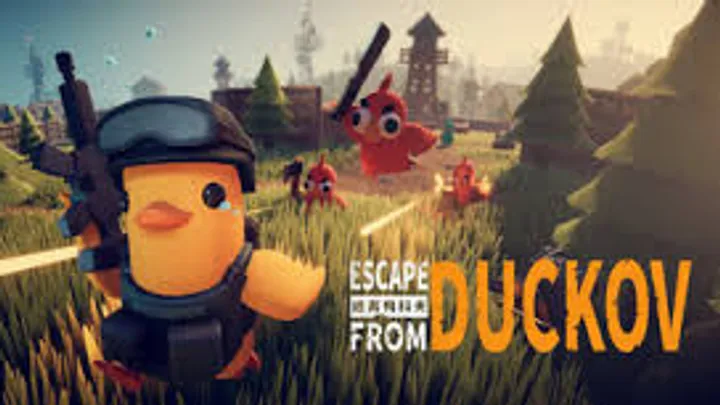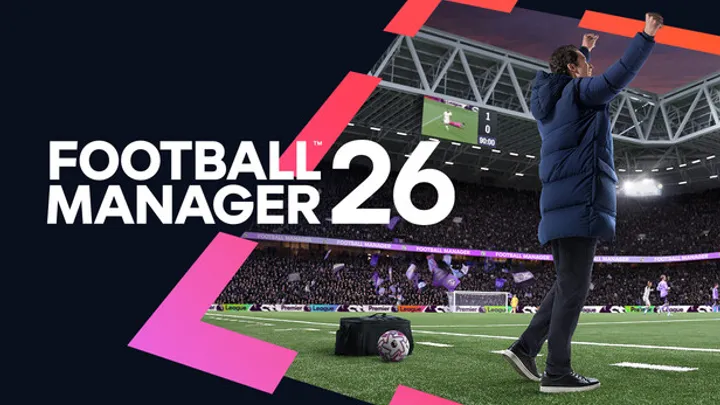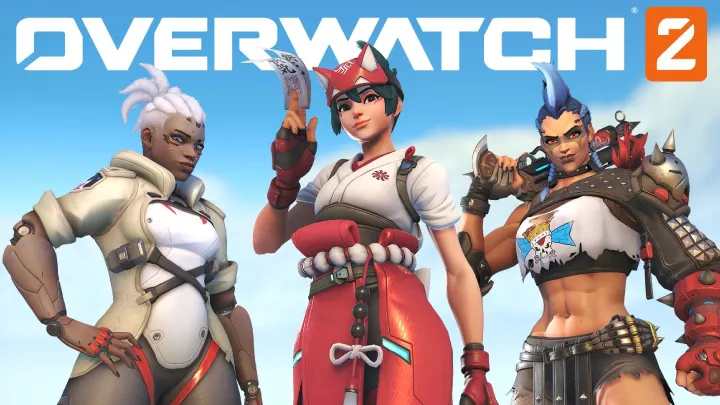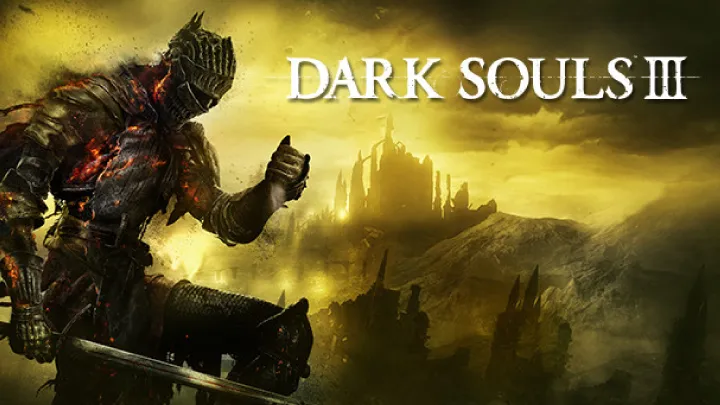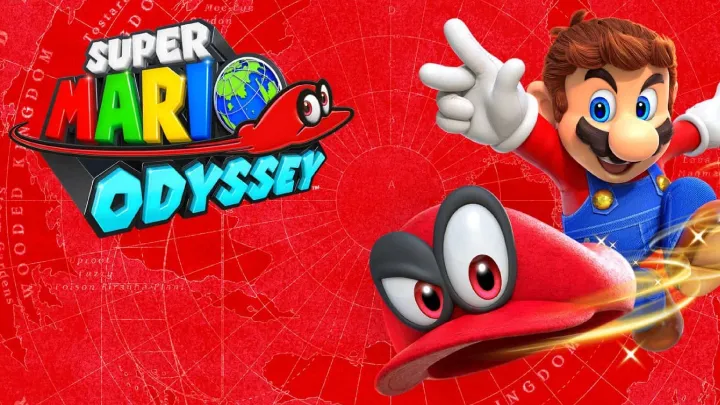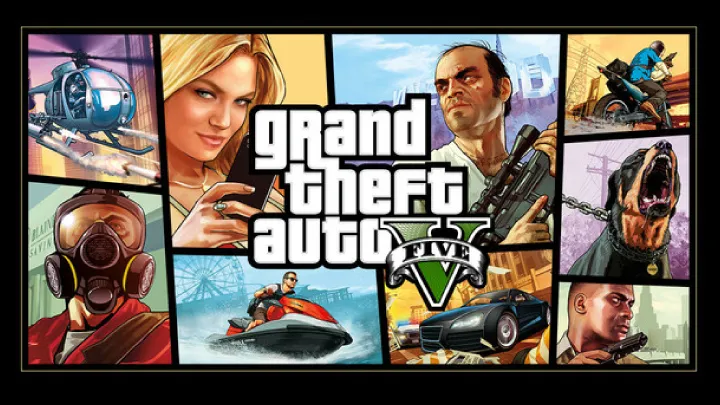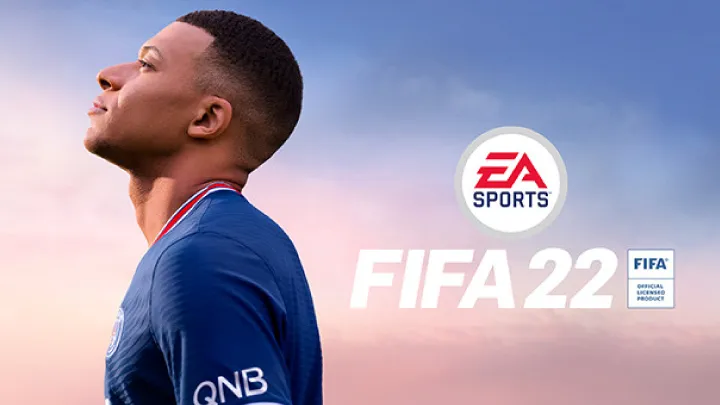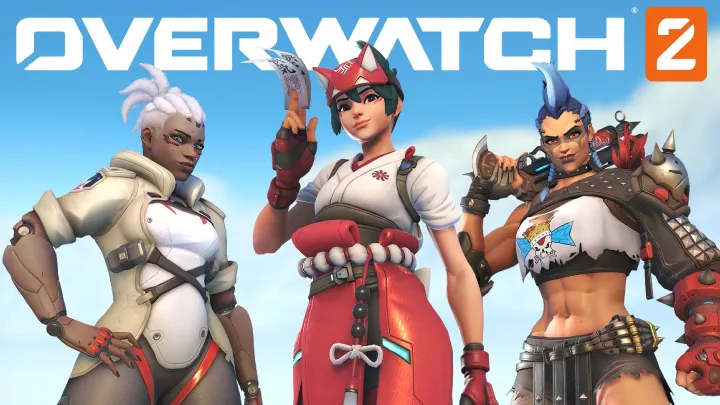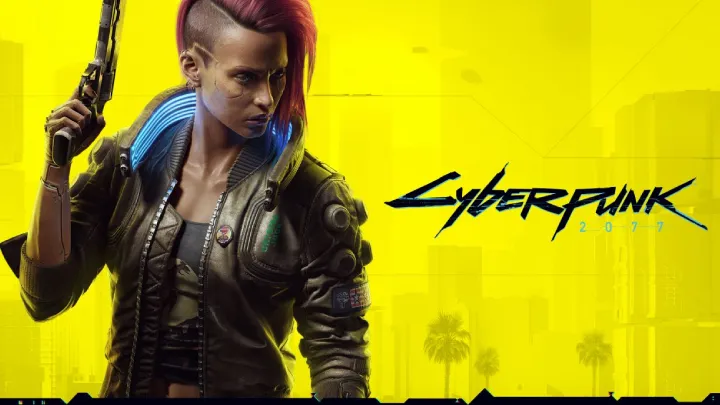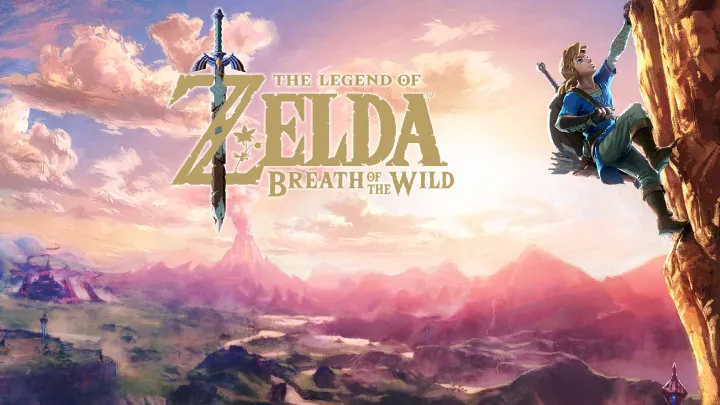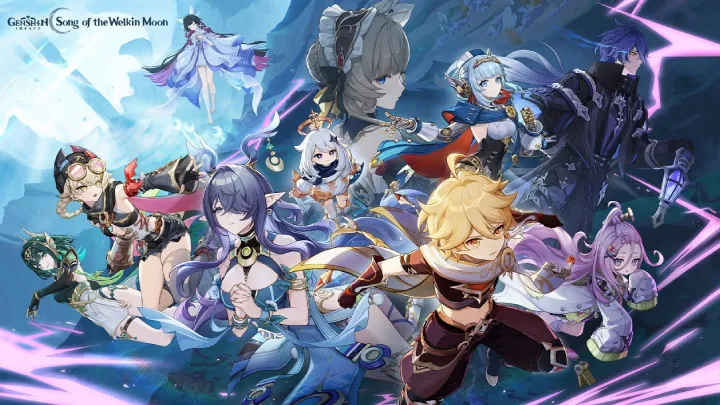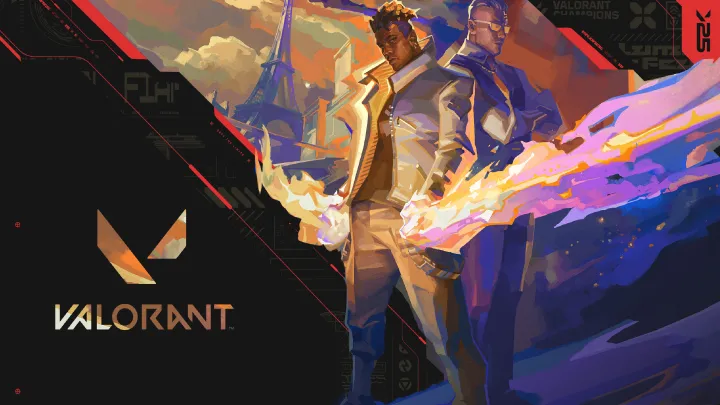Introduction
Overwatch, developed by Blizzard Entertainment, has become a hallmark in the realm of team-based multiplayer first-person shooters since its launch in May 2016. With its diverse roster of heroes, each possessing unique abilities, Overwatch emphasizes strategic teamwork and skillful play. Players are drawn into vibrant maps where they must work collaboratively to achieve objectives, whether through capturing points or escorting payloads. For those looking to improve their gameplay and climb the ranks, this comprehensive guide offers essential tips and strategies to help you and your team dominate in the battlefield of Overwatch.
Understanding the Game Mechanics
Basics of Overwatch
Overwatch is built around team-based mechanics. Each match is typically comprised of two teams of six players, where the objective varies based on the game mode. The main mechanics include:
- Hero Selection: Players choose from a wide pool of heroes categorized into three roles: Damage, Tank, and Support. Each role has its own playstyle and responsibilities.
- Objective-Based Gameplay: Matches revolve around completing objectives—either escorting a payload, capturing a point, or a hybrid of both.
Game Modes
Understanding the different game modes can greatly improve your strategic approach:
- Quick Play: Casual matches where players can practice and hone their skills.
- Competitive: Ranked matches with a strict emphasis on teamwork. Participating in this mode helps you track your performance and earn rewards.
- Arcade: A variety of shorter, often whimsical game modes that provide a break from competitive play.
Familiarizing yourself with these basics will instill a deeper understanding of Overwatch’s overarching design.
Choosing the Right Hero
Hero Roles Explained
Each hero in Overwatch fits into one of three roles, and understanding these roles will help you select the right character for your playstyle:
- Damage: These heroes are responsible for eliminating opponents and creating space during combat. Examples include Reaper, Tracer, and McCree.
- Tank: Tanks absorb damage and provide protection for their teammates. They are essential for leading the charge in battles. Examples include Reinhardt and Winston.
- Support: Support heroes provide healing and buffs to their teammates, ensuring the team stays alive and performs optimally. Examples include Mercy and Zenyatta.
Hero Synergy
Hero synergy is crucial for effective team compositions. Here are some tips:
- Balance the Team: Aim for a balanced team composition that features a mix of Damage, Tank, and Support heroes. An ideal setup would be two Damage, two Tanks, and two Support heroes.
- Counter-Picking: Be mindful of the enemy’s hero selection. If the opposing team has a strong Tank, consider picking a character that can counter that hero effectively.
Choosing the right hero and having synergy with teammates can enhance overall team effectiveness and performance.
Mastering Basic Mechanics
Movement and Positioning
Understanding movement is vital for staying alive and effective in Overwatch:
- Strafe and Jump: Use strafing and jumping to make yourself a harder target to hit, particularly when engaging in one-on-one duels.
- Use Cover: Always position yourself behind cover when possible. Moving in and out of cover will minimize the damage you take.
Understanding Abilities
- Knowing Your Abilities: Familiarize yourself with the abilities of both your chosen hero and your opponents. Knowing when and how to use your abilities effectively can turn the tide in a skirmish.
- Ultimate Ability Management: Time your ultimate abilities for maximum impact, ideally during critical team fights or to counter enemy ultimates.
Mastering basic mechanics will significantly enhance your survivability and effectiveness during matches.
Communication and Teamwork
Importance of Communication
Effective communication is key in Overwatch. Here’s how to improve yours:
- Voice Chat and Pings: Use the voice chat system for real-time coordination or the in-game ping system to alert teammates about enemy positions or strategies.
- Call for Help: Don’t hesitate to ask for assistance or communicate when ultimate abilities are ready. Keeping teammates in the loop creates synergy.
Team Strategies
- Group Up: Always strive to group up with your team before engaging enemies. A well-coordinated team is more likely to succeed.
- Objective Focused: Keep your focus on objectives rather than individual kills. Winning can often hinge on successfully achieving objectives.
Building strong communication and teamwork will enhance your team’s overall performance and chance of winning matches.
Map Knowledge and Awareness
Understanding Map Layouts
Familiarizing yourself with each map is essential for strategic planning:
- Key Locations: Knowing important locations such as health pack locations, high ground areas, and choke points can give you an advantage.
- Specific Strategies: Each map presents unique opportunities and threats. Understanding map geometry allows for better positional plays.
Map-Specific Heroes
Some heroes excel on specific maps. Here are examples:
- King’s Row: Heroes with strong area control abilities, like Orisa or Mei, can dominate in narrow alleys.
- Hanamura: Long-range heroes like Widowmaker can take full advantage of the elevated positions available.
Recognizing the strengths of heroes in the context of different maps can enhance your tactical decisions.
Positioning and Team Fights
Positioning Essentials
Good positioning can make a huge difference in team fights:
- Frontline vs. Backline: Tanks should be positioned at the front to absorb damage, while Damage dealers and Support should position themselves at the back, safely dealing damage or healing.
- High Ground Advantage: Take advantage of high ground when possible. It offers better visibility, improved line-of-sight for attacks, and makes you harder to hit.
Executing Team Fights
- Engage Together: Coordinate with your team to initiate fights, ideally when the enemy is unprepared. This will increase your chances of success.
- Focus Fire: Work together to focus fire on specific targets, rapidly reducing the enemy team's numbers.
Mastering positioning and team fight strategies will be essential as you progress through matches.
Utilizing Ultimate Abilities
Understanding Ultimates
Each hero has an ultimate ability that can shift the course of a match:
- Understand Your Ultimate: Know when your ultimate is ready and how to use it effectively. Timing and positioning matter greatly.
- Counter Ultimates: Be aware of your opponents’ ultimates and strategize your plays around them to negate their impact.
Coordinating Ultimates
- Combining Ultimates: Work with your teammates to synergize ultimates. For instance, using Zarya's Graviton Surge followed by Reaper's Death Blossom can devastate enemy teams.
- Communicating Ultimates: Keep teammates informed about your ultimate status. Effective communication can lead to coordinated attacks or defensive strategies.
Using ultimates strategically can be the difference between victory and defeat in team fights.
Learning from Experience
Post-Match Analysis
Analyzing your gameplay can significantly improve your skills:
- Review Matches: Take time to review your matches and note both your positive plays and areas to improve. Look out for decision-making scenarios and position shifts.
- Learn from Mistakes: Use mistakes as learning opportunities to adapt your strategies in future matches.
Watching and Learning
- Study Professional Players: Watching streams or videos of professional players can provide valuable insights into advanced strategies and mechanics.
- Join Communities: Participate in forums or watch tutorials that discuss hero strategies, map tips, and improved gameplay mechanics.
Continuous learning and adaptation is crucial to mastering Overwatch.
Staying Updated with Game Changes
Following Patch Notes
Overwatch routinely receives updates, and staying informed about changes is crucial:
- Track Hero Changes: Be aware of any buffs or nerfs to your favorite heroes, as this alters their effectiveness.
- Adapt Strategies: Modify your strategies based on the current meta to align with hero viability.
Engaging with Season Updates
- Experiencing New Content: Events often introduce new skins, challenges, and limited-time game modes that can add variety to your gameplay.
- Participating in Seasonal Events: Engage with events for opportunities to earn exclusive rewards and challenge your skills.
Staying updated with Overwatch changes will enhance your strategic gameplay as you navigate the evolving meta.
Conclusion
Overwatch is an intricately designed game that emphasizes teamwork, strategic thinking, and individual skill. By understanding character mechanics, effectively communicating with your team, and learning from your experiences, you will enhance your gameplay and enjoy the thrilling action that Overwatch offers. This guide provides essential tips to help you master the tactics involved in this beloved title, ultimately leading to greater success on the battlefield. So assemble your team, choose your heroes wisely, and prepare to dive into the dynamic world of Overwatch!





